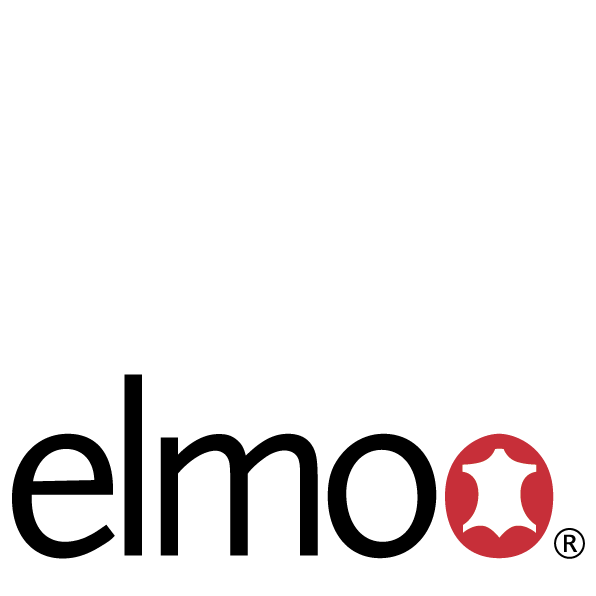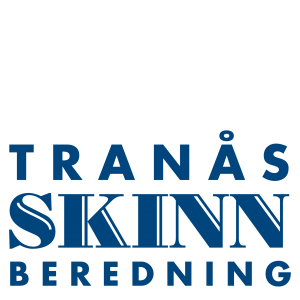Swedish tanners and dressers
Animal skins and hides have been used for a range of purposes since the beginning of time. Hides and skins with fur have been made into clothing, while leather has several areas of application. The art of preserving and processing an organic skin into a long-lasting material has developed over the centuries into an environmentally aware and sustainable processing industry in which expertise and craftmanship are decisive for the final product.
Leather and skins contribute to a sustainable society
Swedish tanners and dressers of today use the hides and skins of cattle, reindeer and sheep—that is, animals that are raised for food. Skins and hides are sent from slaughterhouses to rawhide dealers that are almost 100% located in Scandinavia. Tanners and dressers play a crucial role in the collecting and processing of the hides and skins that are an industrial byproduct, thereby contributing to a sustainable society.
Swedish tanneries share national and international interests
At the beginning of the 1900s, there were over 130 tanneries in Sweden, situated throughout the country. The Swedish Tannery Association was formed in September 1901 with the purpose of fostering the shared national and international interests of tanners and dressers with production in Sweden. Upon its formation, the association also addressed issues concerning member companies’ relations as employers with their employees. Today member companies belong to Innovation and Chemical Industries in Sweden (IKEM) and thereby they in our association share such matters as education and training, networking and information.
Challenges facing the Swedish leather industry
The conditions for tanneries were radically altered in the late 1900s when the shoe industry, which was the largest customer segment, struggled with profitability in competition with imports, and companies either closed down or moved to countries offering cheaper forms of production.
In the 1980s, about ten tanneries remained in a range of segments. Increasingly tough international competition, primarily from low-price countries, forced further closures, so that by the beginning of the 2000s only four active members remained with production in Sweden.
Tanneries in Sweden
How much do you know about leather and skins?
Contact information to board and member companies.



